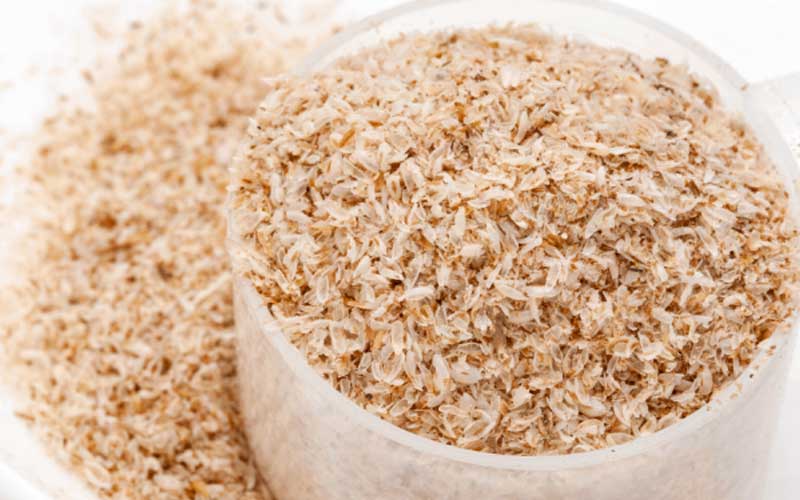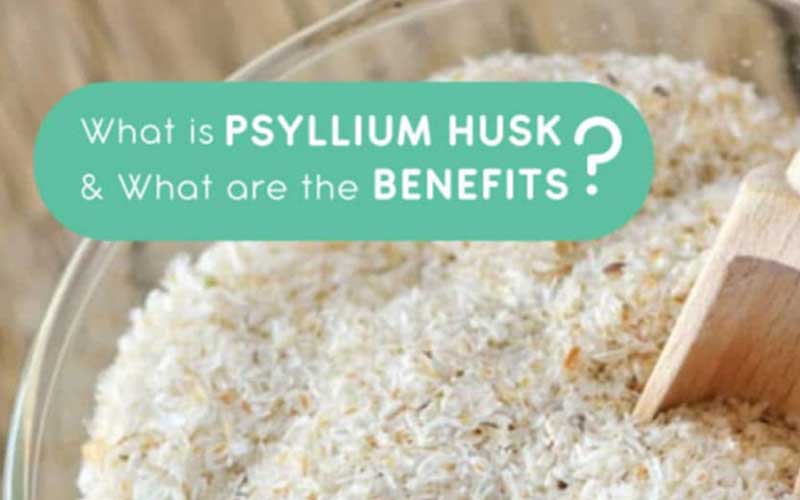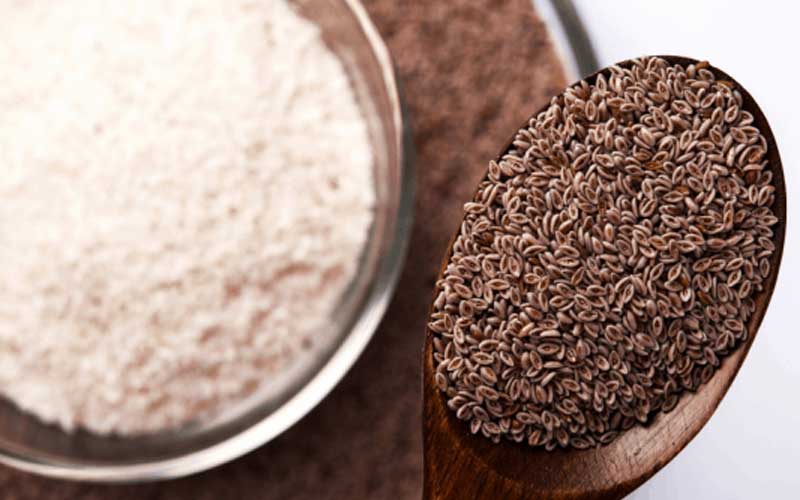A type of soluble fiber, psyllium husk is best known for its potential to relieve constipation. Nevertheless, what other contributions can this make to our health? Read on to see the other psyllium husk benefits.
What is Psyllium?
Psyllium is a strong herb that grows around the world but is most usually found in India, which remains today the largest producer of psyllium husk. It is also related to as Isabghol (Ispaghol in Pakistan), originated from the Sanskrit words ‘asp’ and ‘ghol,’ which together mean ‘horse flower.’ The whole seed has been applied in traditional Iranian medicine for thousands of years.
The inner seed holds a lot of starches and fatty acids, making it the ideal natural feed additive. The outer coat (the husk) is ground into a paste, a term that describes the clear, colourless, viscous dietary fibre that confers most of the health benefits to both animals and humans.
The gel-like nature of the paste makes it an important addition to the food to produce the desired thickening and texture.
Psyllium husk is the outside coating of the seed of psyllium. It is full of fibre and mucilage, making it ideal for a healthy digestive system.
Mechanism of Action
The dry, pulpy content of psyllium husk draws water from high-to low-moisture environments to the intestines.
The soluble portion easily absorbs water, which causes it to expand in the intestine. This has the dual effect of softening one’s stool and physically stimulating the transport of the intestines.
Insoluble fibre is not water absorbent but still helps to draw water into the intestine and stimulates the flow of the intestines. It also adds a large amount, contributing to a larger, firmer stool.
Health Benefits of Psyllium Husk
Here are a few noted psyllium husk benefits:
A. Relieving Constipation
Adding psyllium husk to your food has been shown to lessen constipation by drawing in and absorbing liquid as it passes through the intestine. This makes the stool soften and
expand, making it easier to move while stimulating normal intestinal flow. In several human studies, psyllium husk significantly decreased stool transit time and increased both bulk weight and relative stool softness.
This was achieved without disrupting the absorption of nutrients.
B. Preventing Heart Disease
The FDA has approved claims that soluble fibre found in psyllium husk is associated with a lessened risk of coronary heart disease and
lower blood cholesterol, provided that people drink enough water at the same time.
C. Improving Cholesterol Levels
Psyllium husk may improve your overall cholesterol profile. Two clinical studies found lower levels of total and LDL cholesterol, with an increase in HDL.
The impact of psyllium husk on cholesterol can be explained in part by a small RCT of 20 subjects, which found lower LDL levels and increased production of bile acid after psyllium treatment. Bile acid production and subsequent excretion is the primary method for eliminating blood cholesterol.
D. Regulating Blood Pressure
One small RCT of 36 subjects revealed that eating fibre and protein produced an additive reduction in systolic pressure, with an average of 5.9 mmHg for both subjects. These findings were independent of age, sex, weight change, alcohol intake, or urinary sodium/potassium.
A study in rats inclined to salt-driven hypertension found a lower increase in pressure when psyllium husk was added to the diet and suggested that this was due to psyllium, causing increased faecal sodium excretion.
E. Maintaining Blood Sugar Levels
Multiple types of fibre have been found to decrease blood sugar. In multiple double-and single-blind RCTs (with up to 125 subjects), psyllium husk significantly decreased both fasting and post-meal blood sugar levels, decreased insulin spikes, and decreased glucose absorption.
F. Helping in Weight Loss
Psyllium husk may be able to promote weight loss. In a 200-subject DB-RCT, the consumption of psyllium husk with food increased fullness and lessened subjective appetite, resulting in weight loss (approximately 10 lbs).
Not only is psyllium husk connected with weight loss, but another 72-patient double-blind RCT study showed a reduced BMI and overall body fat percentage. The study notes that while this was achieved with psyllium husk alone, the combination of psyllium husk and a healthy diet produced superior results.
A high intake of dietary fibre (such as psyllium fibre) increases the feeling of fullness and reduces overheating, making it a good addition to many weight management programs.



